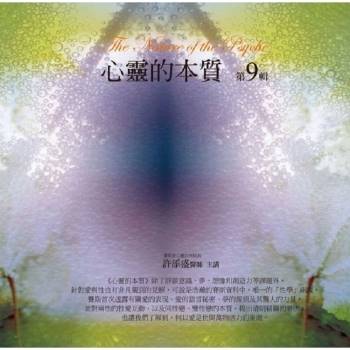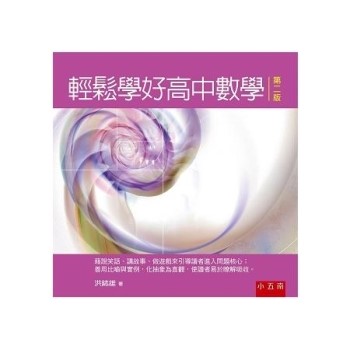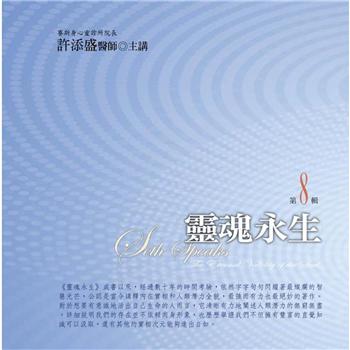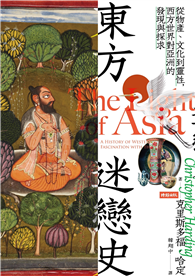'The editor and authors in this volume make a convincing case for focusing on advanced foreign language instruction. Importantly, they invite consideration of this focus as an opportunity to re-examine conventional definitions of the target of instruction. In so doing, readers also learn more about the theories highlighted in this volume, and their capacity to enhance our understanding of advancedness and its development within an educational context. This book thus mediates between linguistic and language learning theories and educational practice, modelling the very best of what applied linguistics has to offer.' Diane Larsen-Freeman, Professor of Education, University of Michigan. The reality of multicultural societies and globalization has increased the demand for language abilities that far exceed those that have typically been associated with communicative competence in a second language. This book examines the acquisition of advanced levels of ability in three parts: theoretical; descriptive; and instructional. It moves beyond the traditional constraints of second language acquisition research by linking systemic functional linguistics and sociocultural theory. The contributors draw primarily on the work of Halliday, Vygotsky and Bakhtin, as well as empirical data from the language classroom, to suggest practical applications towards advanced literacy and linguistic competence. Advanced Language Learning will be of interest to academics researching systemic functional linguistics, second language acquisition and applied linguistics.
| FindBook |
有 1 項符合
Advanced Language Learning: The Contributions of Halliday and Vygotsk的圖書 |
 |
Advanced Language Learning: The Contributions of Halliday and Vygotsk 作者:Byrnes 出版社:Continnuum-3PL 出版日期:2007-01-24 語言:英文 規格:精裝 / 288頁 / 23.4 x 15.5 x 1.8 cm / 普通級 |
| 圖書館借閱 |
| 國家圖書館 | 全國圖書書目資訊網 | 國立公共資訊圖書館 | 電子書服務平台 | MetaCat 跨館整合查詢 |
| 臺北市立圖書館 | 新北市立圖書館 | 基隆市公共圖書館 | 桃園市立圖書館 | 新竹縣公共圖書館 |
| 苗栗縣立圖書館 | 臺中市立圖書館 | 彰化縣公共圖書館 | 南投縣文化局 | 雲林縣公共圖書館 |
| 嘉義縣圖書館 | 臺南市立圖書館 | 高雄市立圖書館 | 屏東縣公共圖書館 | 宜蘭縣公共圖書館 |
| 花蓮縣文化局 | 臺東縣文化處 |
|
|
圖書介紹 - 資料來源:博客來 評分:
圖書名稱:Advanced Language Learning: The Contributions of Halliday and Vygotsk
|











